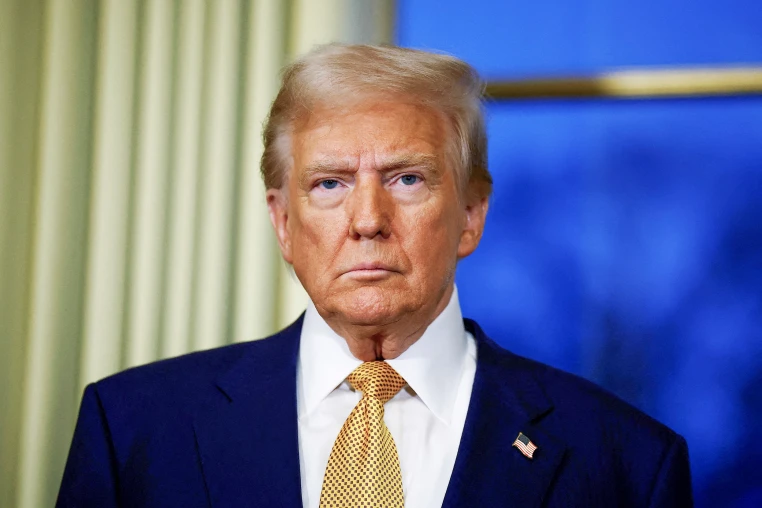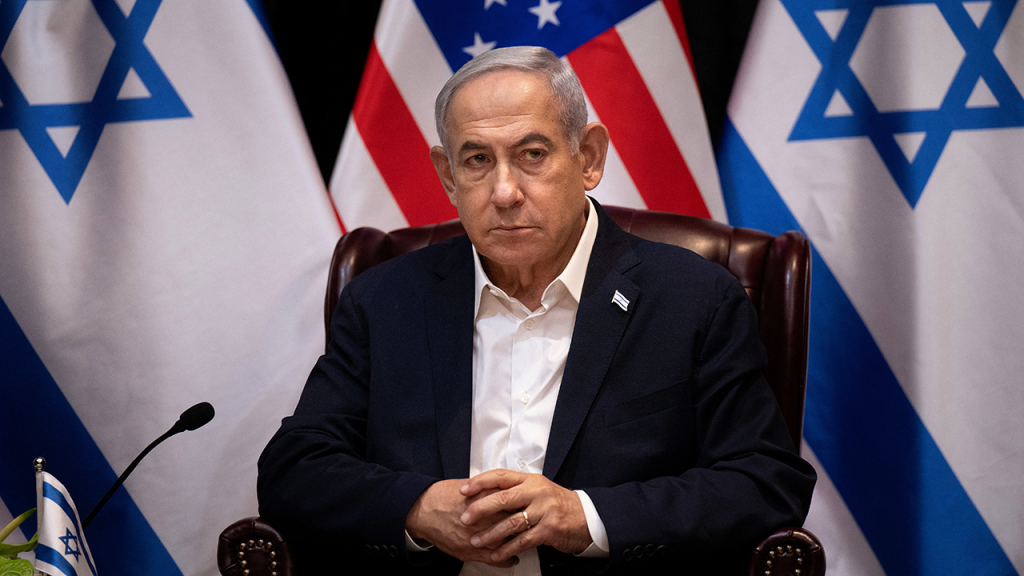Former U.S. President Donald Trump has once again reignited debates about NATO and the ongoing conflict between Russia and Ukraine. During a news conference at his Mar-a-Lago club in Palm Beach, Florida, Trump expressed sympathy for Russia’s position on Ukraine’s NATO membership, raising concerns about his potential foreign policy direction as the next POTUS.
Trump’s remarks amplifies a controversial stance that diverges sharply from the position held by the Biden administration and NATO allies. “A big part of the problem is, Russia — for many, many years, long before Putin — said, ‘You could never have NATO involved with Ukraine.’ Now, they’ve said that. That’s been, like, written in stone,” Trump stated. He criticized President Joe Biden for allegedly shifting U.S. policy to support Ukraine’s NATO aspirations, a move he suggests has provoked Moscow.
While NATO members have expressed support for Ukraine’s eventual membership, the alliance has yet to extend a formal invitation to Kyiv. Ukraine’s leaders argue that joining NATO would deter further Russian aggression, while Trump and his allies contend that such a move could unnecessarily escalate tensions and risk dragging the alliance into a broader conflict.
According to a report by The Wall Street Journal, Trump’s team has floated a plan to delay Ukraine’s NATO membership by at least 20 years. In exchange, Western nations would provide arms supplies and deploy European peacekeepers to monitor a potential ceasefire with Russia. Such a proposal, while aimed at achieving peace, has drawn criticism for potentially sidelining Ukraine’s sovereignty and undermining NATO unity.
Russian President Vladimir Putin has reiterated his opposition to Ukraine’s NATO membership and has upheld demands for the full occupation of four Ukrainian regions: Luhansk, Donetsk, Zaporizhzhia, and Kherson. On December 19, Putin expressed willingness to engage in dialogue with Trump, but his conditions remain opposed to Western principles of territorial integrity and self-determination.
Trump’s comments have sparked widespread debate over whether his approach would weaken America’s stance on foreign policy, particularly in Europe and Eastern Europe. Critics argue that reversing Biden’s policies could undermine the financial, political, and humanitarian support the West has provided Ukraine since the war began. “After all the sacrifices made, will Trump throw it all away?” some wonder.
Supporters of Trump’s position, however, believe his willingness to question NATO’s expansion and engage directly with Russia could lead to a swift resolution of the conflict. During his campaign, Trump pledged to end the war quickly but has yet to outline specific steps for achieving peace.
As the next president of the United States, his remarks raise critical questions about the future of U.S. foreign policy. Will he maintain America’s long-standing commitment to NATO and its allies, or will his approach signal a shift toward isolationism and appeasement of Russian demands?
For now, Trump’s stance has left allies and adversaries alike uncertain about the trajectory of U.S. leadership on the global stage. As the conflict in Ukraine grinds on, the stakes for NATO, Ukraine, and the broader international community remain higher than ever.
Maverick Point








13 thoughts on “Trump’s Stance on Ukraine’s NATO Membership Sparks Controversy”